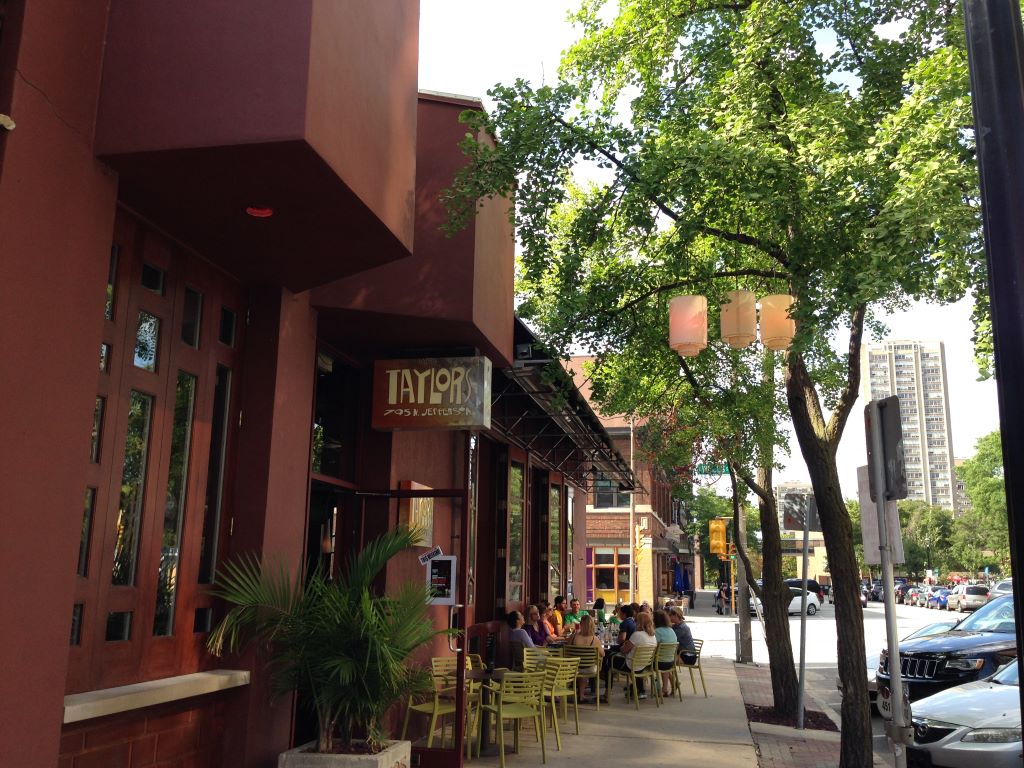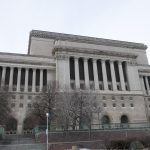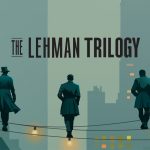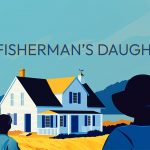How to Find Your ‘Third Place’
All the city news you can use.
Every day at The Overhead Wire we sort through over 1,500 news items about cities and share the best ones with our email list. At the end of the week, we take some of the most popular stories and share them with Urban Milwaukee readers. They are national (or international) links, sometimes entertaining and sometimes absurd, but hopefully useful.
Morphing policies that allow segregation: The Louisiana supreme court recently opened the door for a new city of 90,000 people near Baton Rouge called St. George and other cities in the south have followed similar methods of creating new cities from existing boundaries. Pete Saunders believes the creation of cityhood in examples such as St. George is just a new way for people to create policies that segregate. (Pete Saunders | Corner Side Yard)
Competing intercity rail ideas: Legacy intercity rail operator Amtrak and up and comer Brightline are competing for a chance to operate rail between major cities in the state of Ohio. Ohio officials are reticent to operate a passenger rail system even if Amtrak puts its name on it but Brightline unlike Amtrak is allowed to lobby public officials. It will be interesting to see which approach comes out on top and whether this type of competition increases nationally. (Ken Prendergast | Neo-trans Blog)
How do I find my third place: Third places, gathering spots of friends and acquaintances that aren’t home or work, were made famous by a 1989 book written by Ray Oldenburg called The Great Good Place. These types of places were shuttering even before the pandemic, but an epidemic of loneliness is highlighting their importance in whatever form they may take. As cities change and new forms of gathering emerge, reimagining what third places can be could be essential to wellbeing. (Allie Volpe | Vox)
‘Second Best’ traffic safety efforts: Much needed traffic safety efforts are often frustrated by government that is structurally biased against change. To continue towards safer streets and transportation environments, Iowa Law professor Greg Shill suggests that sidestepping big political obstacles to implement ‘second best’ changes can save lives by focusing on easy wins and low hanging fruit. He suggests bollards and better streetlights as examples of easy to implement infrastructure in addition to bigger and harder moves. (Greg Shill | Bloomberg CityLab)
Quote of the Week
Travel behaviour has a lot of inertia, it doesn’t change a lot. So when you find things that get it to the double-digits of shifts in travel behavior, it’s pretty remarkable.
–Alex Bigazzi in CTV News discussing a study showing a daily decrease in driving 30-40% after buying an e-bike with local rebates.
This week on the podcast, we chat in two parts with Minneapolis developer Jim Kumon about development projects, zoning reform, and crowdfunding.
Want more links to read? Visit The Overhead Wire and signup.
If you think stories like this are important, become a member of Urban Milwaukee and help support real, independent journalism. Plus you get some cool added benefits.
Urban Reads
-
Congestion Pricing Cuts Air Pollution in New York City
 Dec 14th, 2025 by Jeff Wood
Dec 14th, 2025 by Jeff Wood
-
We Think We Love to Drive. But Do We Really?
 Dec 7th, 2025 by Jeff Wood
Dec 7th, 2025 by Jeff Wood
-
Can Scott Wiener Tackle America’s Housing Crisis?
 Nov 23rd, 2025 by Jeff Wood
Nov 23rd, 2025 by Jeff Wood






















